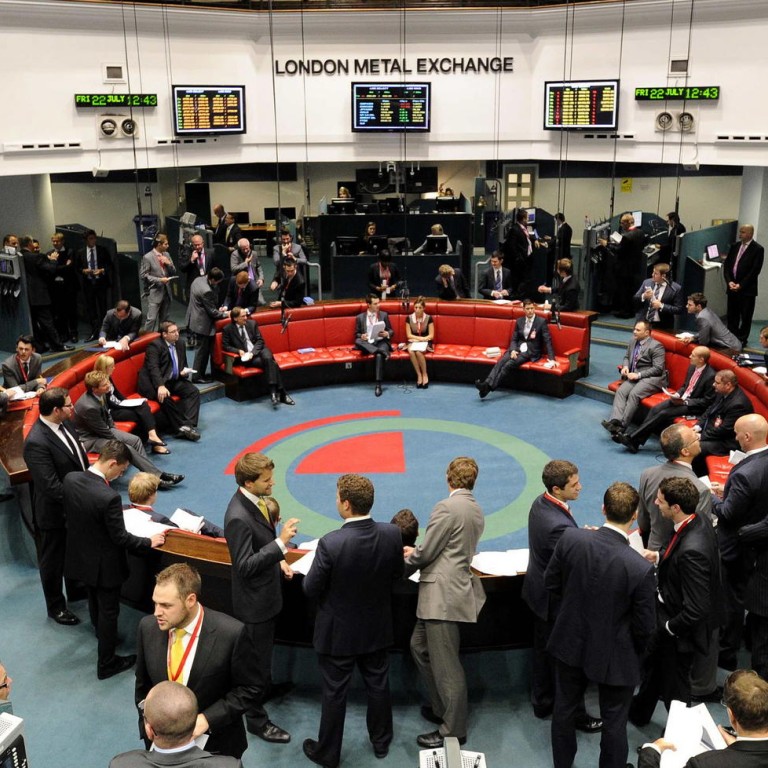
LME prevails in legal battle with Rusal on metal warehouse reform
Ruling means London-based exchange is free to move ahead with reforms designed to speed up deliveries of metal from its depots worldwide
The London Metal Exchange (LME), owned by Hong Kong Exchanges and Clearing, won its appeal against a court ruling that had halted sweeping reform, aimed at easing huge backlogs to withdraw metal from its global warehousing network.
Wednesday's ruling may have scant impact on the market because warehouse firms have already made changes to the way they operate, anticipating LME's legal win, analysts said.
A three-judge panel at Britain's Court of Appeal overturned an original March ruling in favour of Russian aluminium giant Rusal. That had derailed a key reform of the LME's warehouses because it regarded the consultation process as "unfair and unlawful".
"I conclude that the judge was wrong to say the consultation in this case was unlawful," Lady Justice Arden said in the ruling.
The LME, the world's oldest and biggest market for industrial metals, will now be able to implement reforms designed to speed up deliveries of metal from depots in its global network.
Industrial buyers of aluminium, used in transport and to make beverage cans, have to wait up to two years to get delivery of metal from some LME warehouses. The LME's new rules aim to cut the queues down to a maximum of 50 days.
"The implementation of the proposed changes to the warehousing policy will take place as planned," the LME said in a statement, adding that details on its rule implementation would be available soon.
The LME will give warehouses three months notice that the changes would be implemented, an industry source said.
Market watchers said warehouses had already been acting as though the new LME rules were in place.
"They have been delivering-out a lot more material. So [the court ruling] probably doesn't have much of a short-term impact on the market," Jefferies Bache analyst Gayle Berry said.
Aluminium inventories at Dutch warehouses in Vlissingen, which accounts for 40 per cent of LME aluminium stocks, have declined 14 per cent this year.
The Court of Appeal denied Rusal, the world's largest producer of aluminium, leave to appeal, but the company said it planned to approach Britain's Supreme Court directly to gain permission to overturn the ruling.
The ruling follows two days of hearings in July which revolved around the consultation process, not the actual warehouse reforms sought by the LME.
The LME's new rules, originally due to take force in April, aimed to make owners of warehouses deliver out at least as much metal as they take in, but which Rusal feared would unleash supplies onto the market and depress aluminium prices.
Benchmark LME aluminium prices have shed about 30 per cent since touching a peak around $2,800 a tonne in May 2011.
The LME oversees warehouses where companies that buy metals such as aluminium or copper on its futures market can take delivery of quality-assured supplies if needed.
Big banks and traders that own warehouses and charge rent have profited from letting long queues build up for buyers to withdraw metal.

